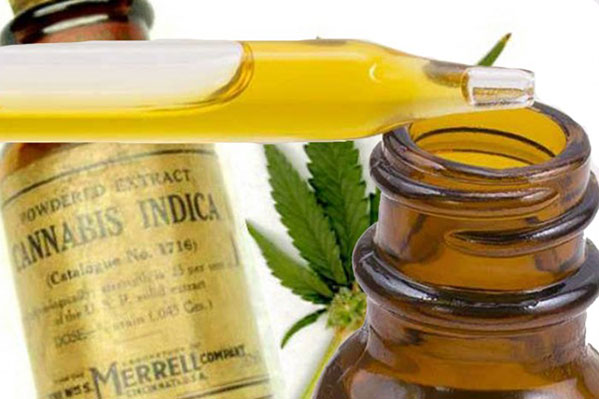Medical Cannabis Oil: 10 Things You May Not Know
Posted 7 years ago by Ian Shutts

Medical cannabis oil has a popular product within medical marijuana programs due to its high applicability to a variety of symptoms and conditions.
As legalization of marijuana for medicinal purposes takes hold across the world, more will be turning to cannabis oil as a possible option, yet few are educated on the strength and uses of cannabis concentrates.
Here are 10 facts you may not know about medical cannabis oil:
1. Medical cannabis oil has been praised within cannabis advocacy groups its medicinal applications due to their anti-inflammatory, anti-anxiety, anti-seizure, and anti-tumour properties. It is now just getting more attention and research funding as more states and countries across the world push towards legalization of medicinal marijuana.
2. Regulators are working to get a strong handle on the way dosages and strengths of cannabis oils are communicated since oils are measured differently than cannabis flower. In Canada, for instance, they use equivalencies to communicate the number of grams contained in a certain amount of milliliters. This unit of measurement can be confusing when trying to figure out dosing and the strength of a particular strain. It’s best to consult a budtender about the strength of medical cannabis oil.
3. Cannabis oil is extracted through a number of ways, including using chemical processes like butane to extract it, or by applying heat and pressure to squeeze the oil from the flower. Cannabis oil extraction methods range from DIY methods that users can do at home or more technical extraction processes that should occur in laboratories.
4. Cannabis oils haven’t been in high production across the world until recently. While it’s sought after, legalization and regulation have halted the production, distribution, and sales of medical cannabis oil due to its high THC and CBD content. Just now, more companies are being authorized to produce the high-cannabinoid oils within legal markets and they are finding their way into more hands of medical cannabis patients.
5. “Cannabis oil” is too much of a blanket term to describe the various types of products that constitute an oil concentrate made from cannabis. For instance, some cannabis oils are CBD-rich and contain little to no THC, while others have higher THC concentrations. Not all cannabis oils produce psychoactive effects.
6. There have not yet been any studies that examine the negative effects of using cannabis oil. In 2004, research arose connecting chronic cannabis use to cyclical vomiting, but there is yet to be substantial research on whether cannabis oils have the potential to produce adverse effects.
7. The anti-inflammatory properties of medical cannabis oil have medical practitioners using it to treat asthma, chronic pulmonary obstructive disorder (COPD) and other chronic respiratory problems. These discoveries have also led to more research examining the other uses for the anti-inflammatory properties of cannabis for serious medical conditions.
8. Medical cannabis oil has been recognized to be effective in the treatment and reduction of symptoms in neurodegenerative disorders such as Parkinson’s Disease, Tourette’s Syndrome and Alzheimer’s Disease. It’s also been highly praised for its anti-seizure capabilities and is now receiving attention in research circles due to it’s ability to greatly reduce seizures in children with diseases like Epilepsy.
9. Cannabis oil has emerged in many scientific studies that look at cancer and the way that cancer cells respond to the cannabinoids contained in cannabis oil concentrates. While such studies rarely make it into the mainstream, one doctor, Dr. Sean McAllister is currently researching the effects of cannabinoids on tumor growth, observing that tumours are shrinking exposed to high concentrates of cannabinoids from cannabis.
10. A new practice in cannabis oil consumption has become popular within medical and scientific communities called microdosing. This practice takes the position that smaller doses of CBD and THC over a longer period of time may increase the effectiveness of the cannabinoids. Microdosing in the medical sense recognizes the power of THC within cannabis, and small doses are to be taken consistently through a day so that the psychoactive effects are minimal, but the patient still gets the medicinal benefits of the THC.
As more practitioners open up to the medicinal value of cannabis oil, more formal research and information will emerge to support the claims of so many who praise cannabis for its health applications.
Since cannabis oil is new and is a very strong and potent method of using cannabis, users should understand their products as much as possible and take caution with use until they understand how cannabis oil affects their body.